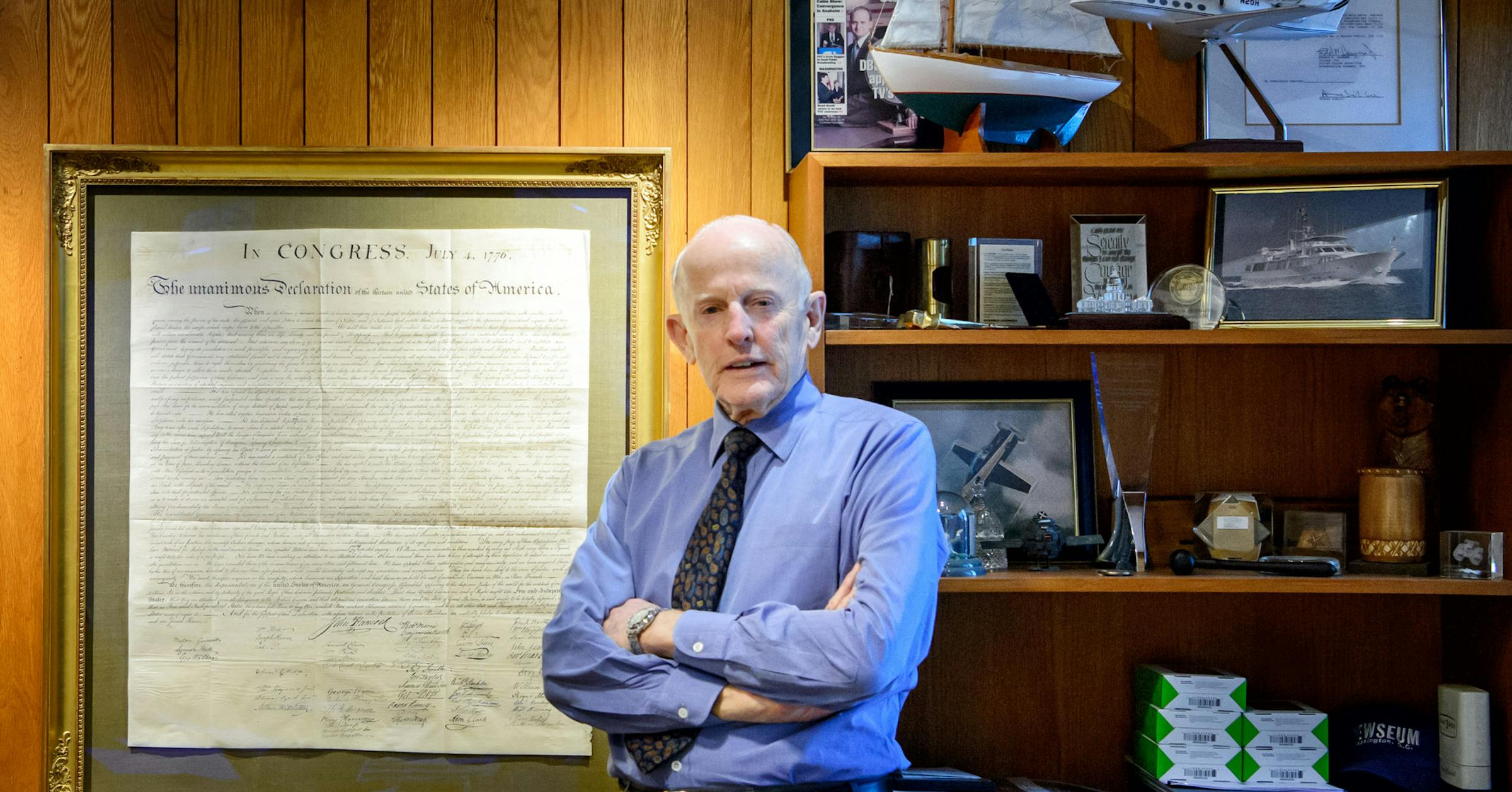Right Now Minnesota PAC Faces Scrutiny Over Alleged Campaign Finance Violations

Minneapolis, MN – A recent investigation has revealed potential violations of campaign finance laws by Right Now Minnesota, a Republican Political Action Committee (PAC) operating in the state. The probe centres around questionable expenditures listed as “internet access and web hosting,” which authorities now believe were actually used to directly fund political candidates, potentially circumventing legal campaign contribution limits.
The findings, released earlier this week, have sparked considerable debate and calls for increased oversight of PAC spending. Right Now Minnesota, known for its involvement in local and state elections, reported spending hundreds of thousands of dollars on these ambiguous services. However, investigators argue that the funds were strategically channeled to support specific candidates without proper disclosure, a practice that could violate Minnesota’s campaign finance regulations.
“Our investigation uncovered a pattern of expenditures that raise serious concerns about transparency and adherence to campaign finance laws,” stated Sarah Miller, lead investigator for the Minnesota Campaign Finance Authority (MCFA). “The discrepancies between the stated purpose of these expenditures and their actual use suggest a deliberate attempt to avoid reporting direct contributions to candidates.”
The MCFA’s investigation meticulously examined bank records, invoices, and communication logs associated with Right Now Minnesota. The evidence indicates that the funds allocated for “internet access and web hosting” were, in fact, used to cover expenses such as advertising, campaign staff salaries, and direct support for candidate events. This indirect funding route allows the PAC to potentially exceed contribution limits that would apply to direct donations.
Right Now Minnesota has yet to release a formal statement addressing the allegations. However, sources within the PAC claim that the expenditures were legitimate and that any misinterpretations are due to overly strict regulations. They argue that the services provided were essential for online campaigning and that the categorization of expenses was a matter of accounting interpretation.
Legal experts are divided on the severity of the potential violations. Some argue that the PAC's actions constitute a clear case of illegal campaign finance manipulation, while others suggest that the evidence may be open to interpretation. The MCFA is currently considering its next steps, which could include issuing fines, seeking legal action, or referring the case to law enforcement for criminal prosecution.
This case highlights the ongoing challenges in regulating campaign finance and ensuring transparency in political spending. As campaigns increasingly rely on digital platforms and indirect funding methods, regulators face the difficult task of keeping pace with evolving strategies and enforcing existing laws. The outcome of this investigation is likely to have significant implications for campaign finance regulations in Minnesota and could set a precedent for other states grappling with similar issues.
The investigation remains ongoing, and further details are expected to emerge in the coming weeks. The public is encouraged to review the MCFA’s findings and participate in the ongoing discussion about campaign finance reform.





